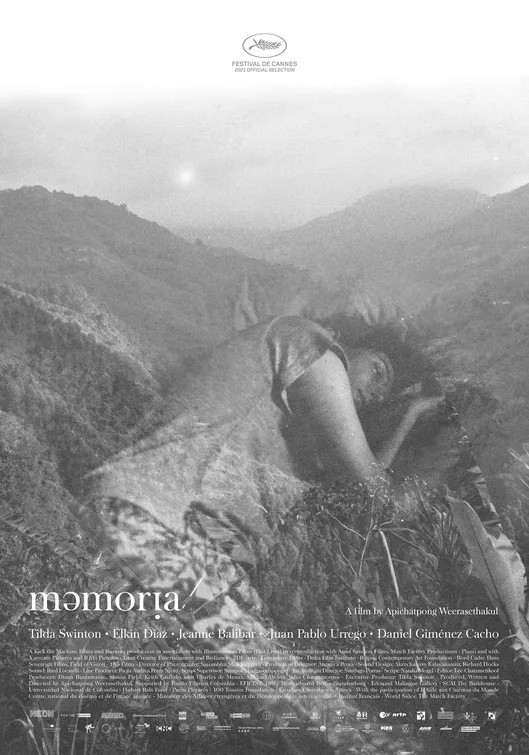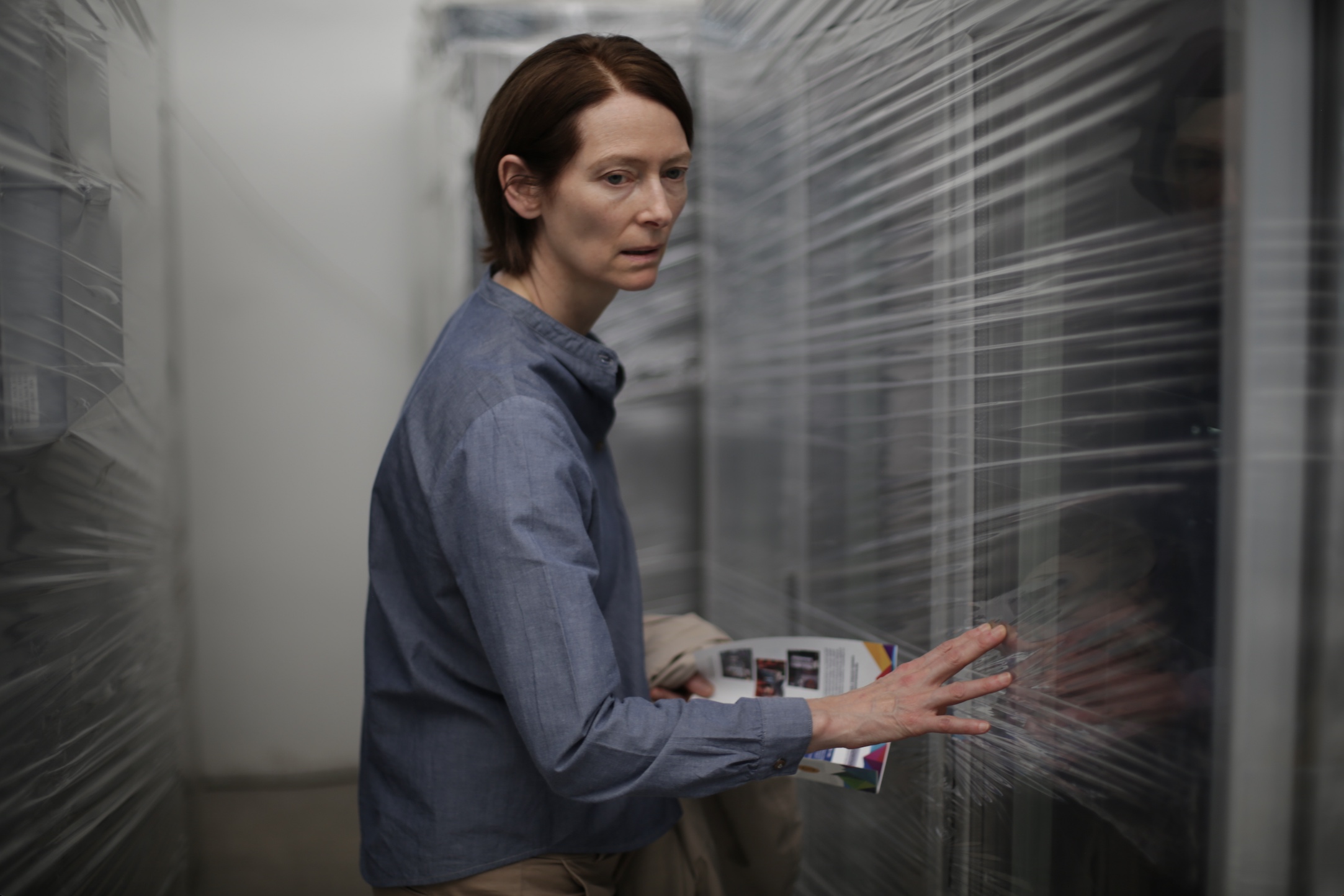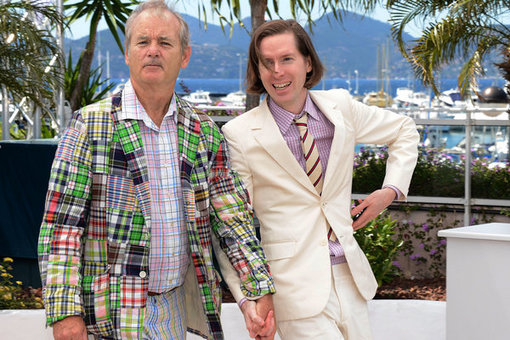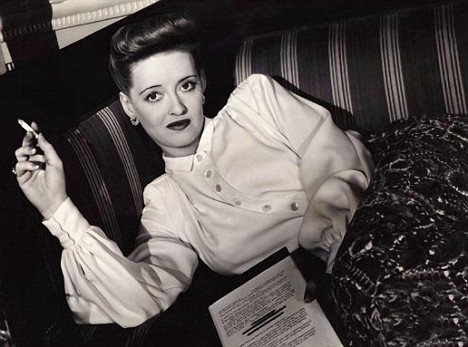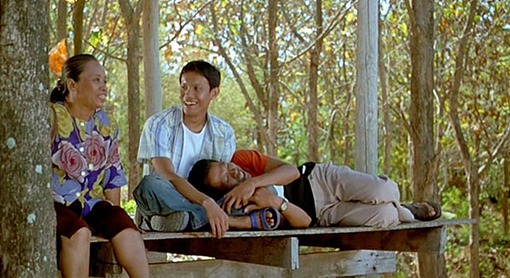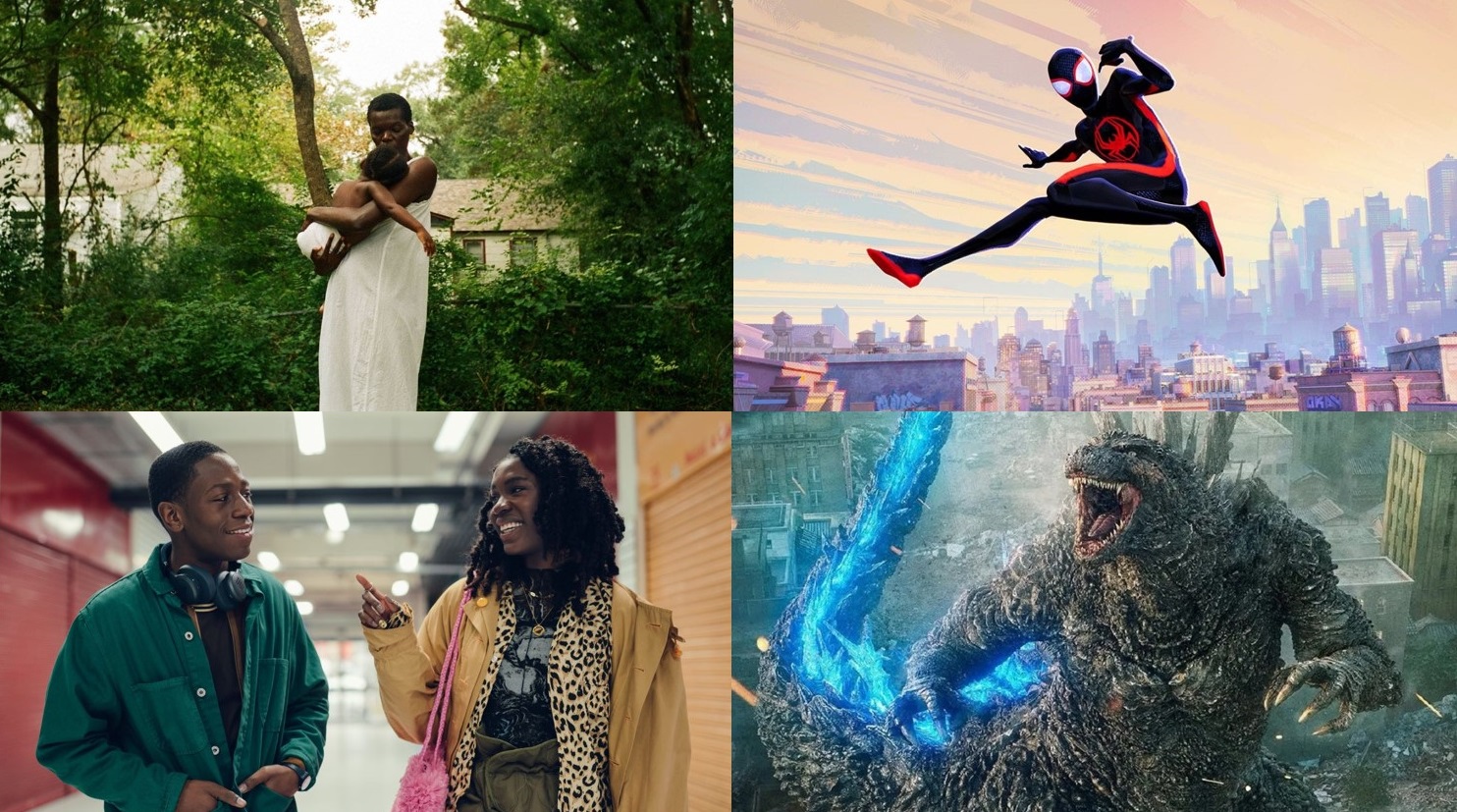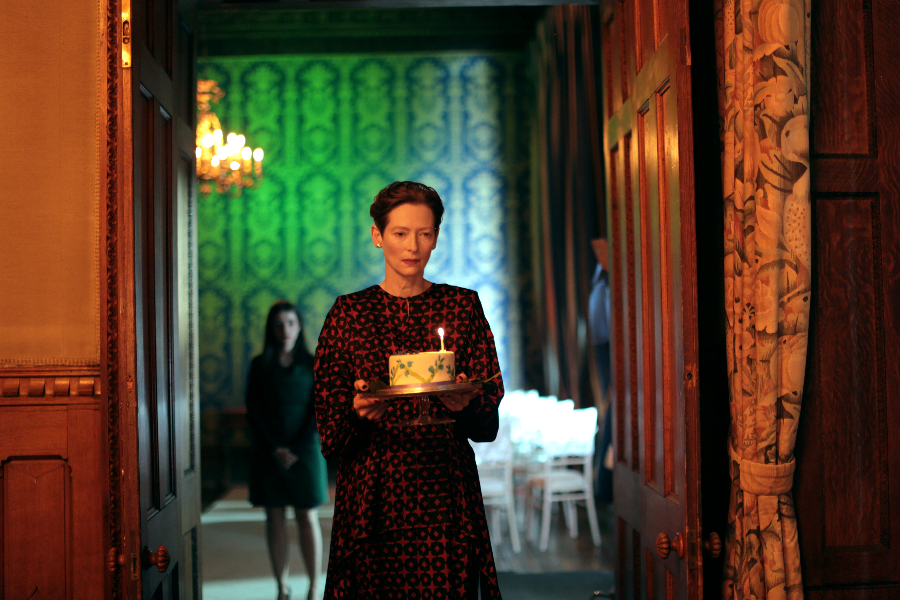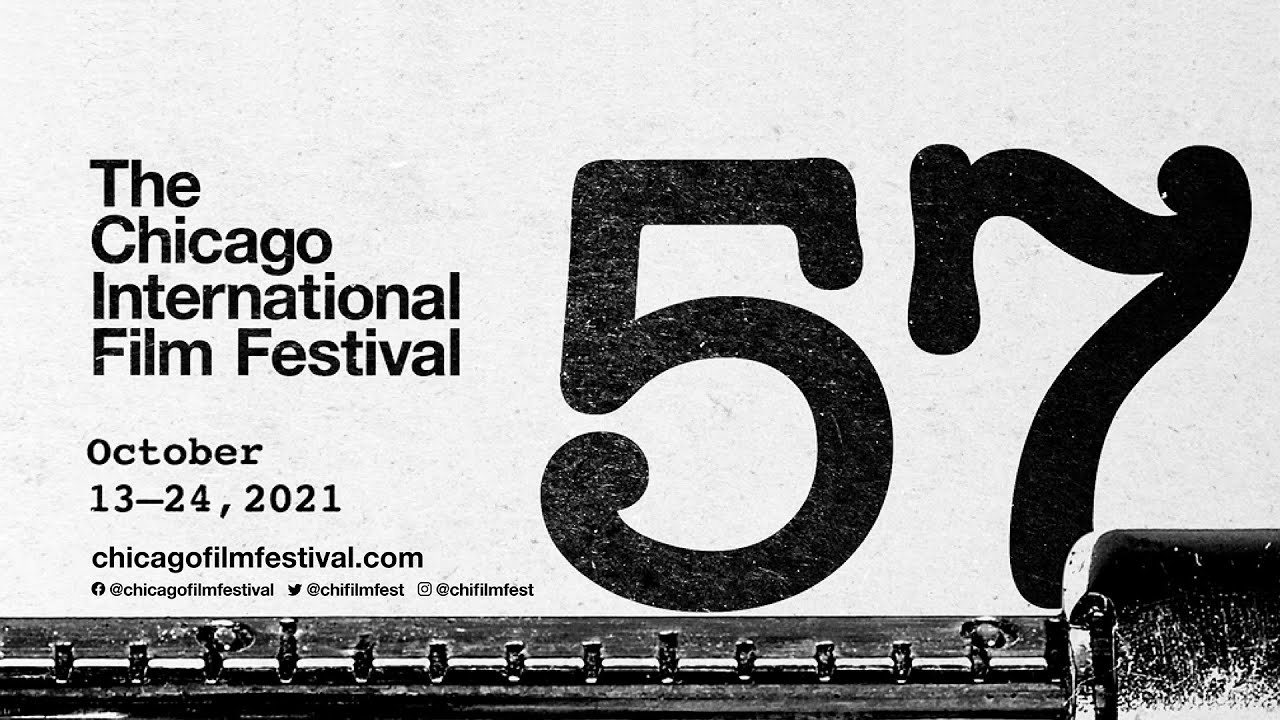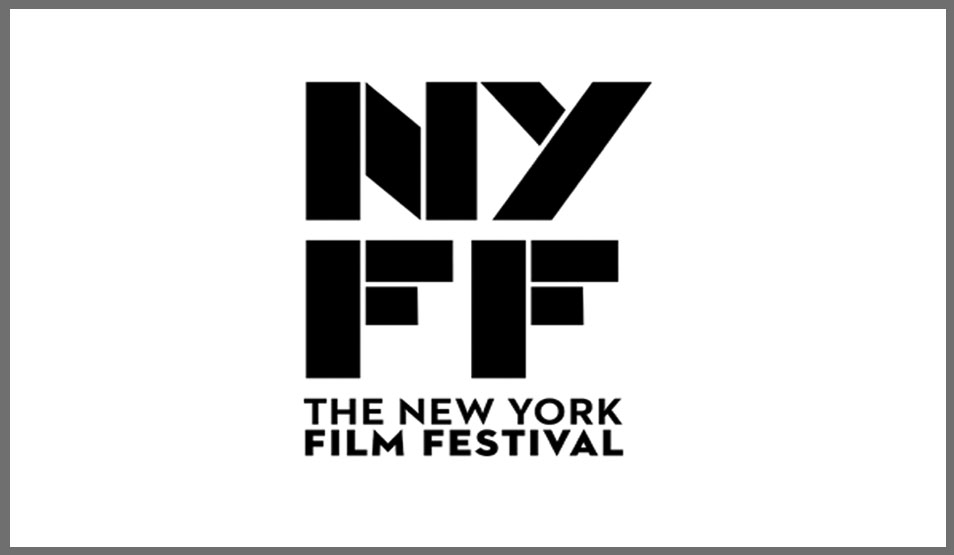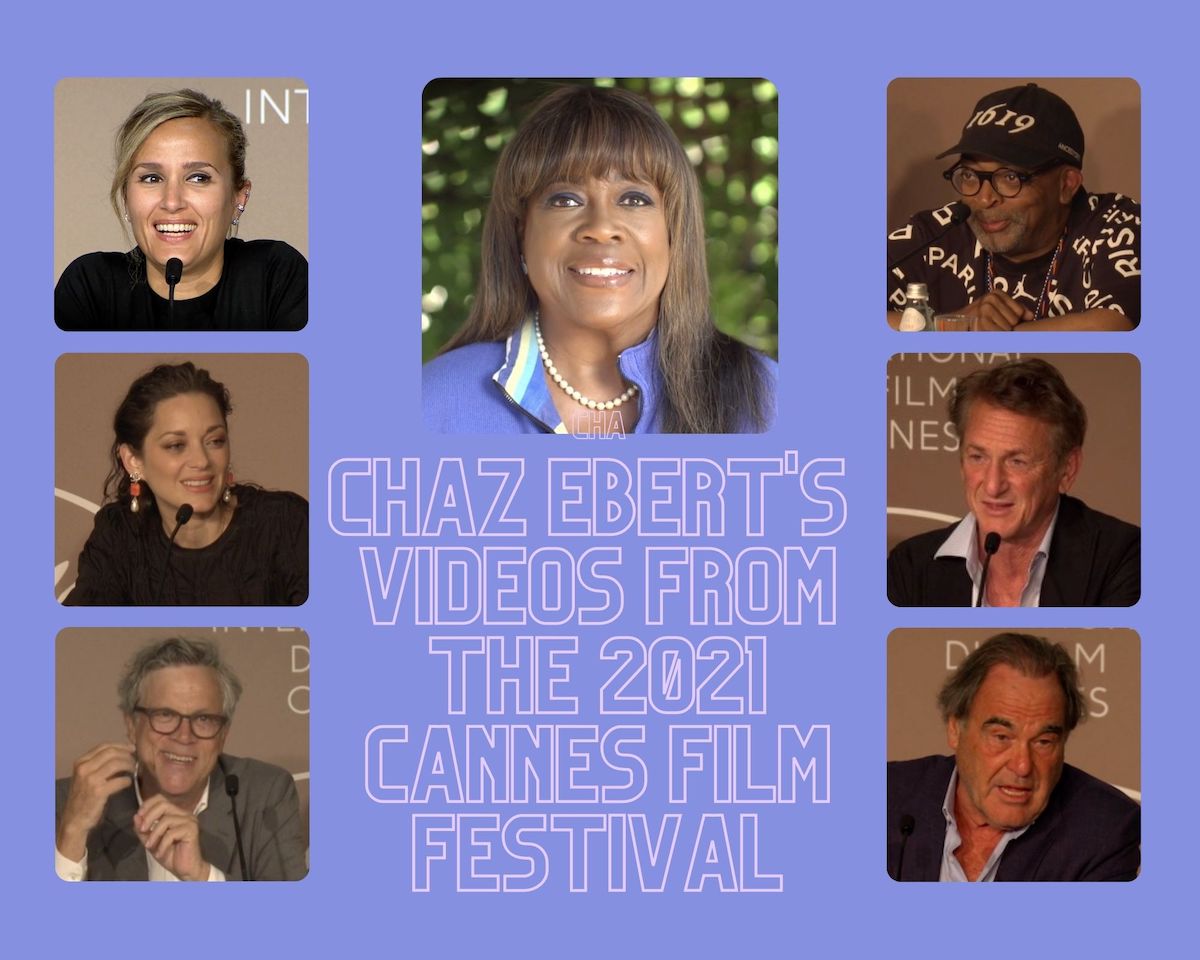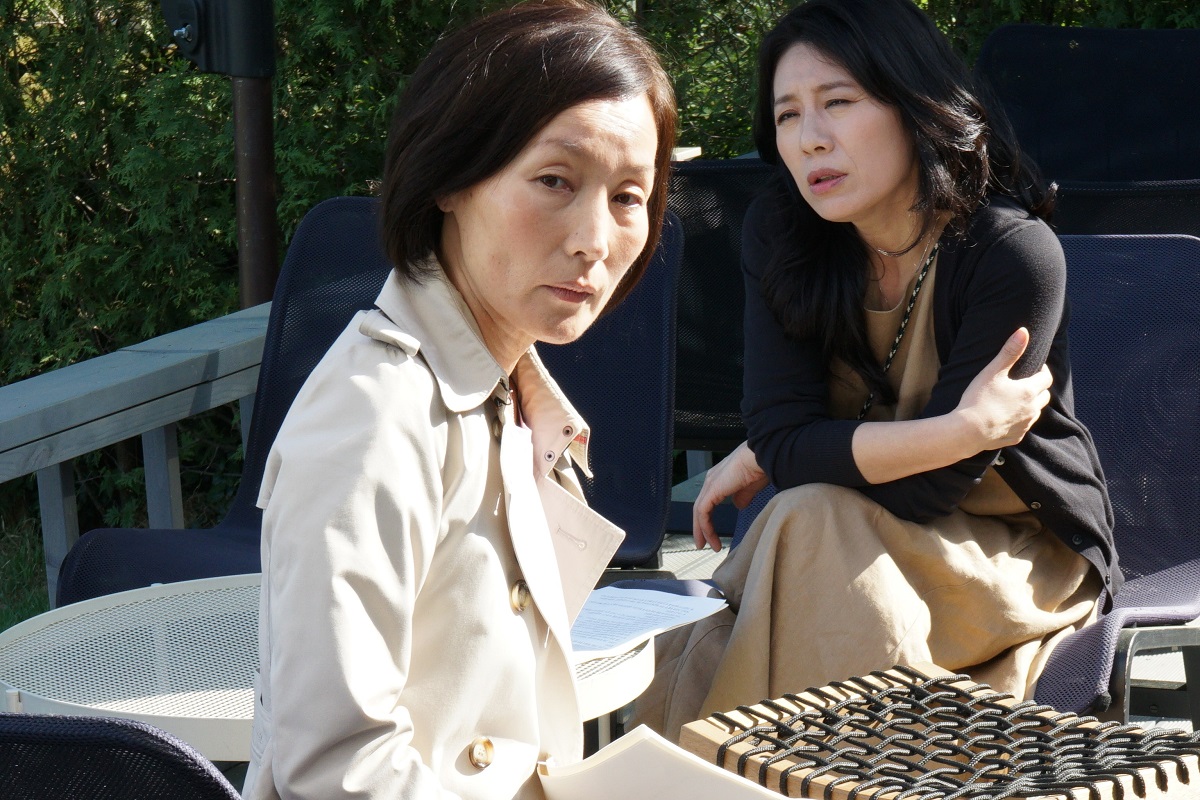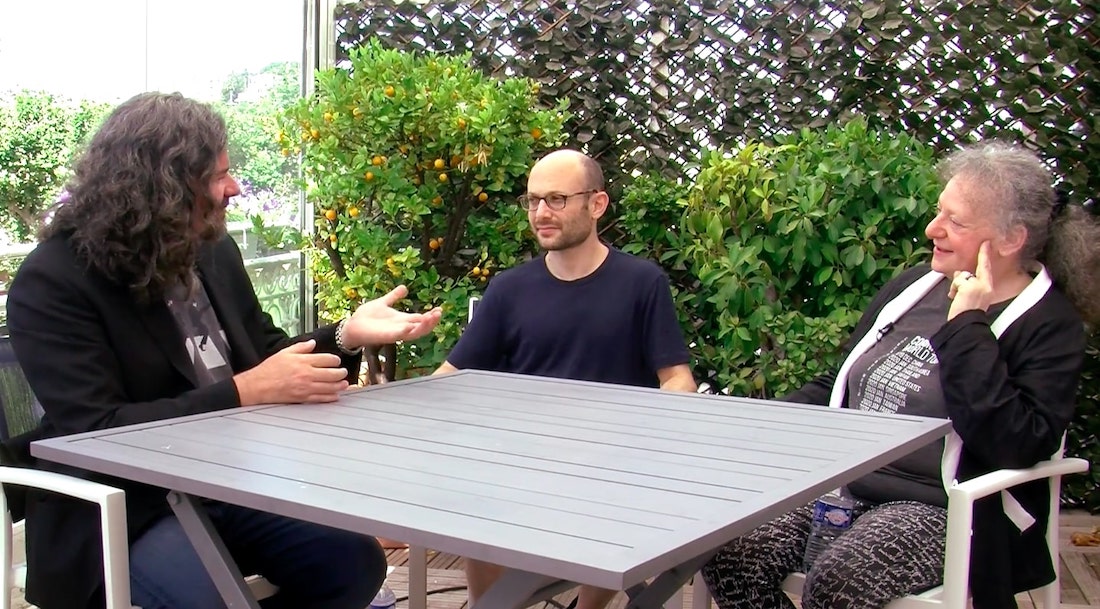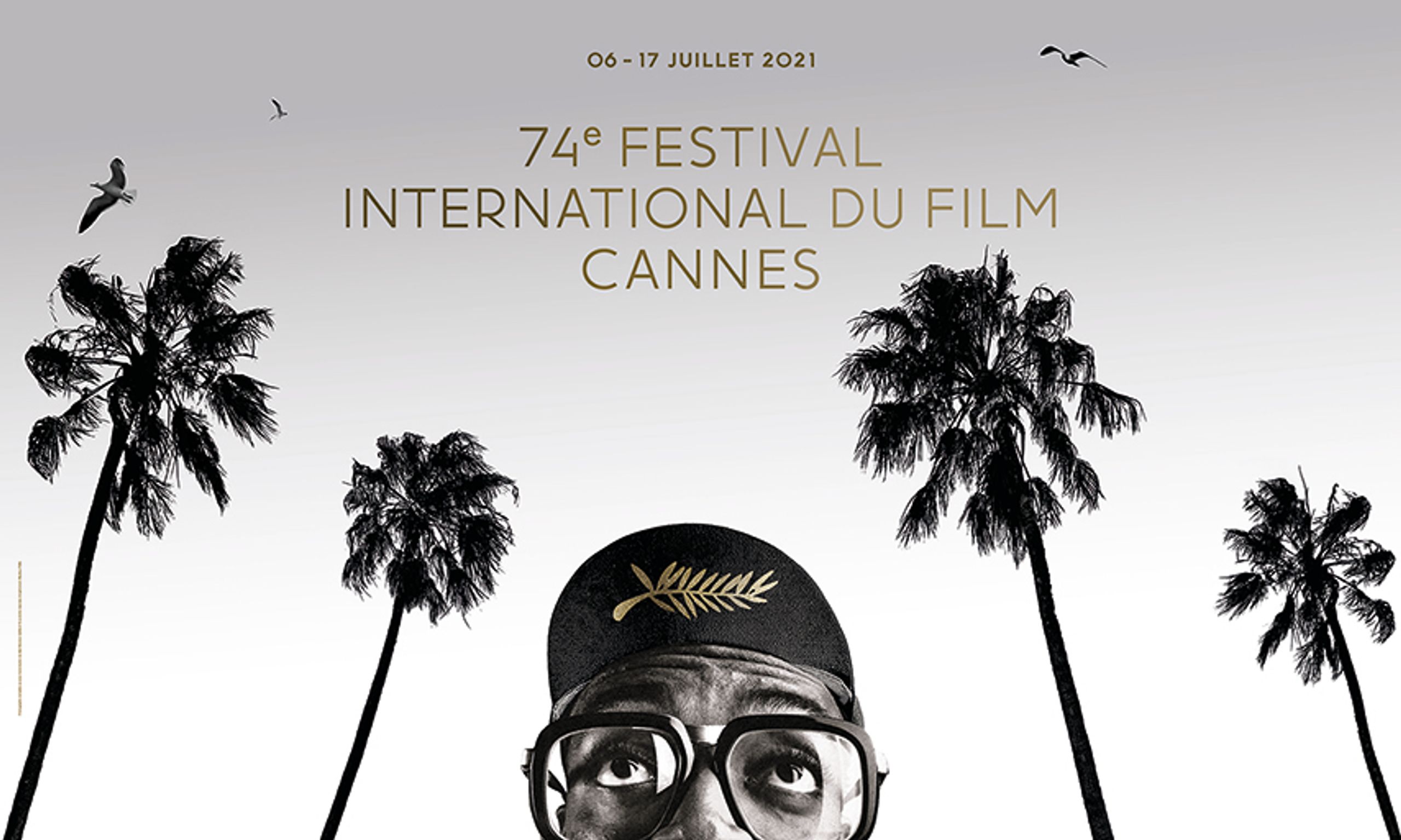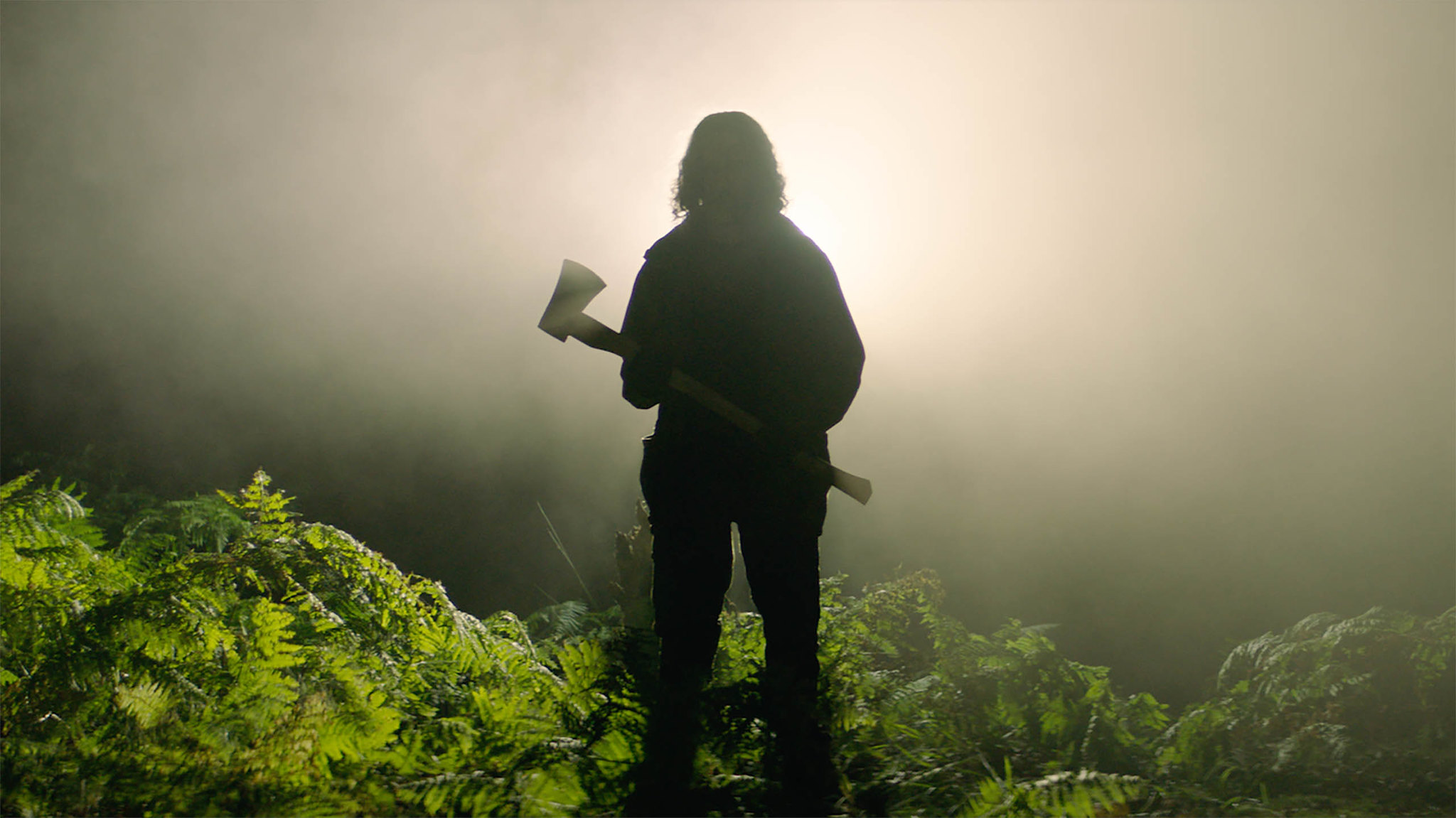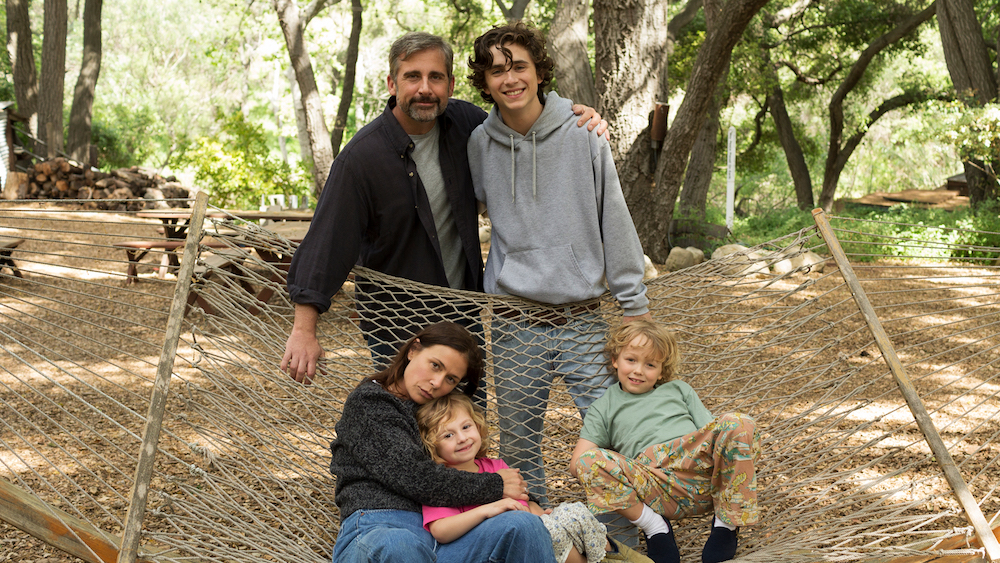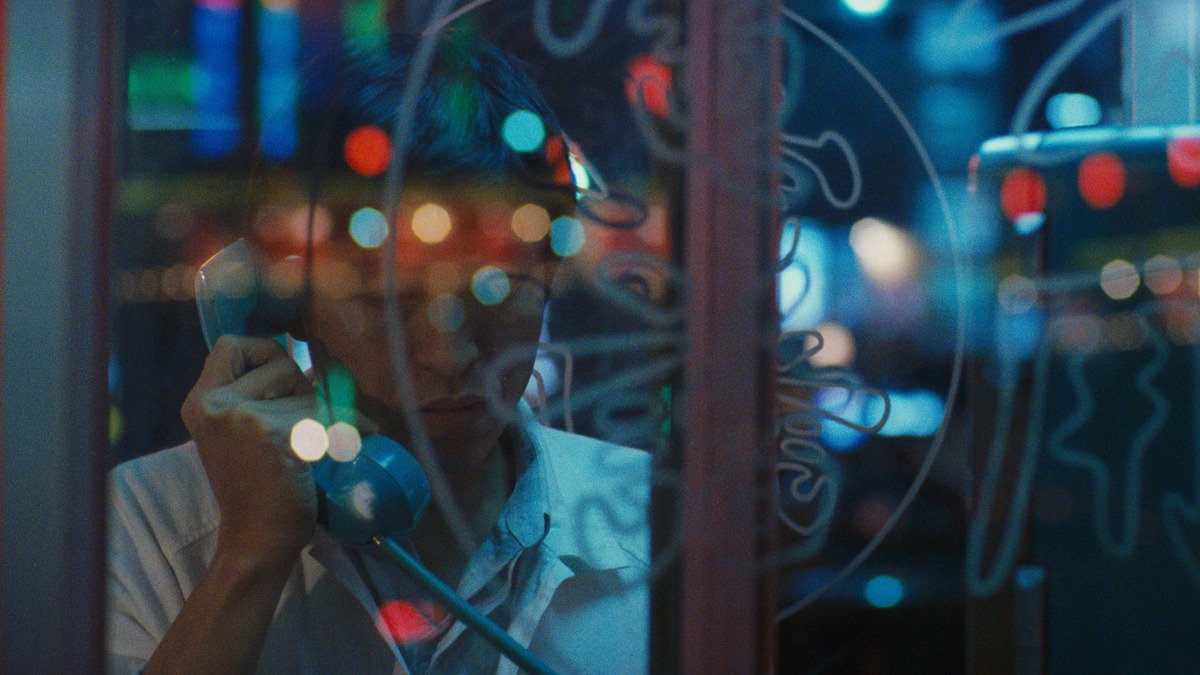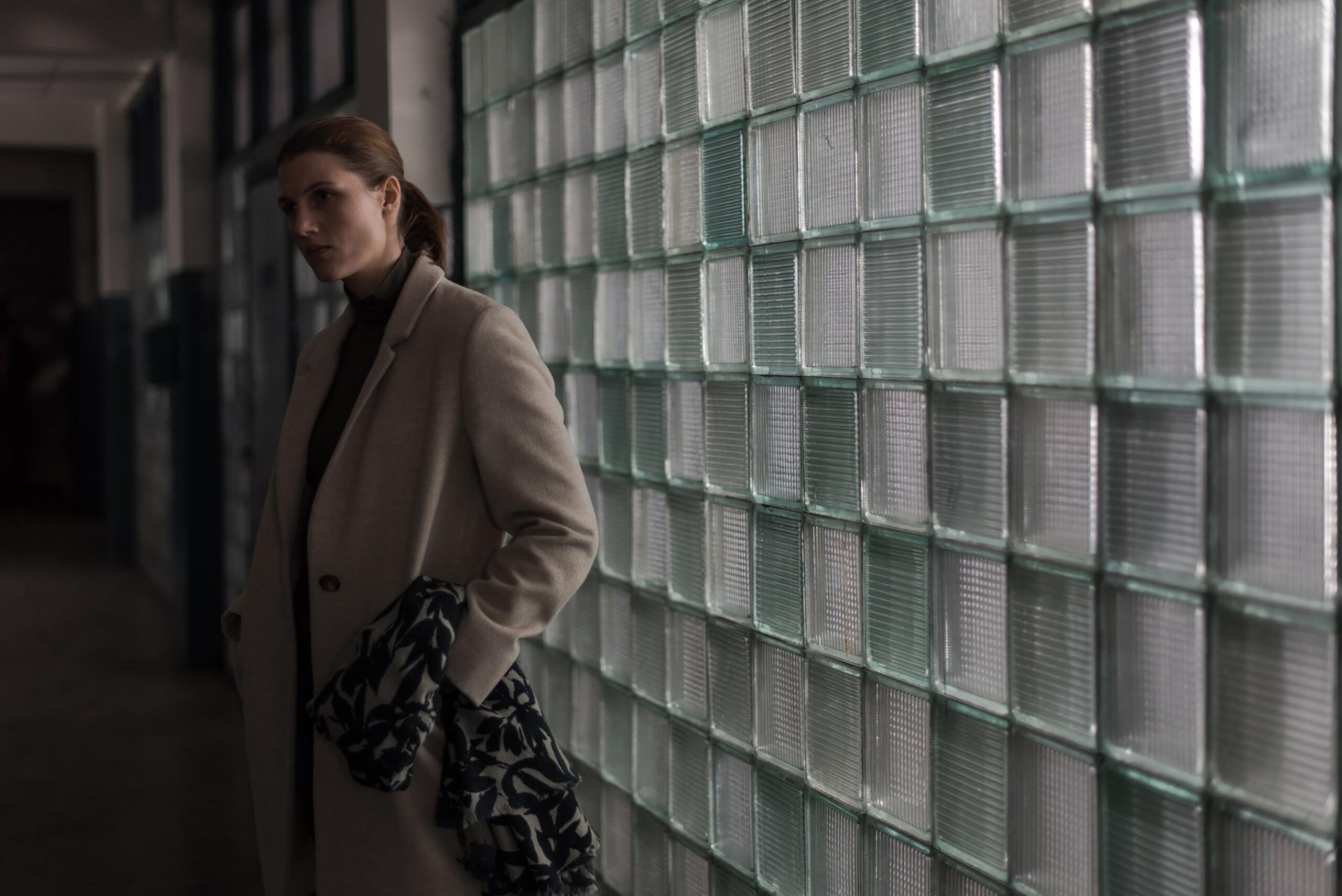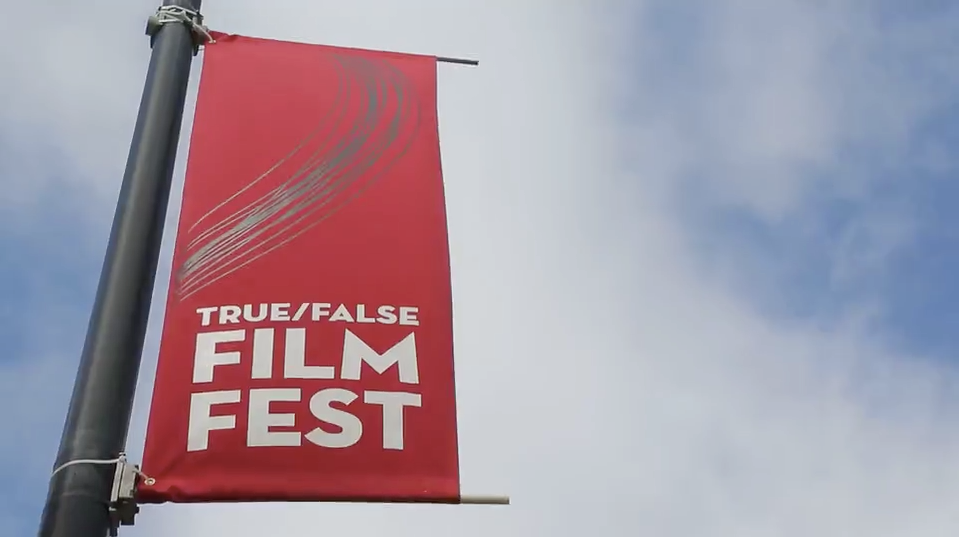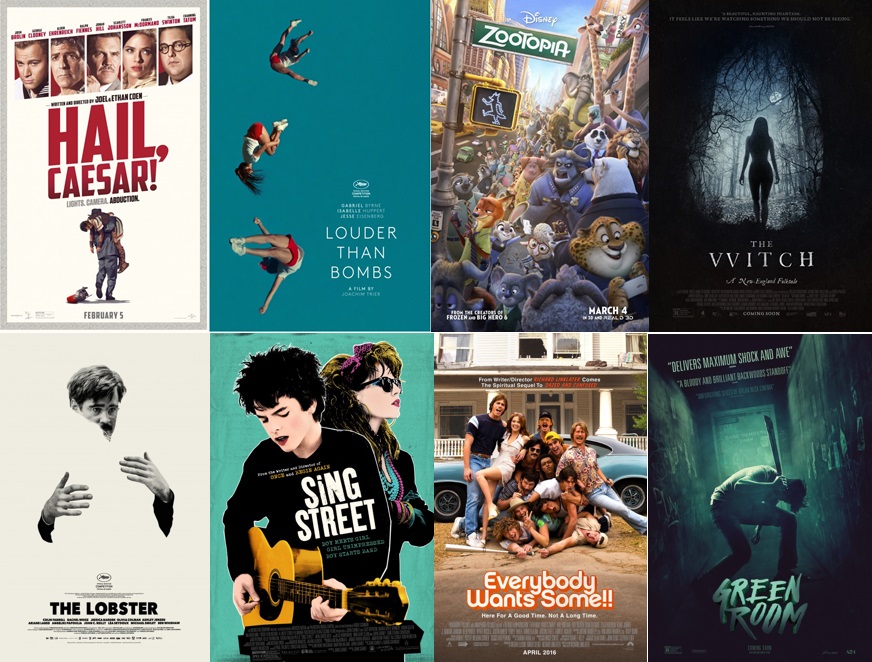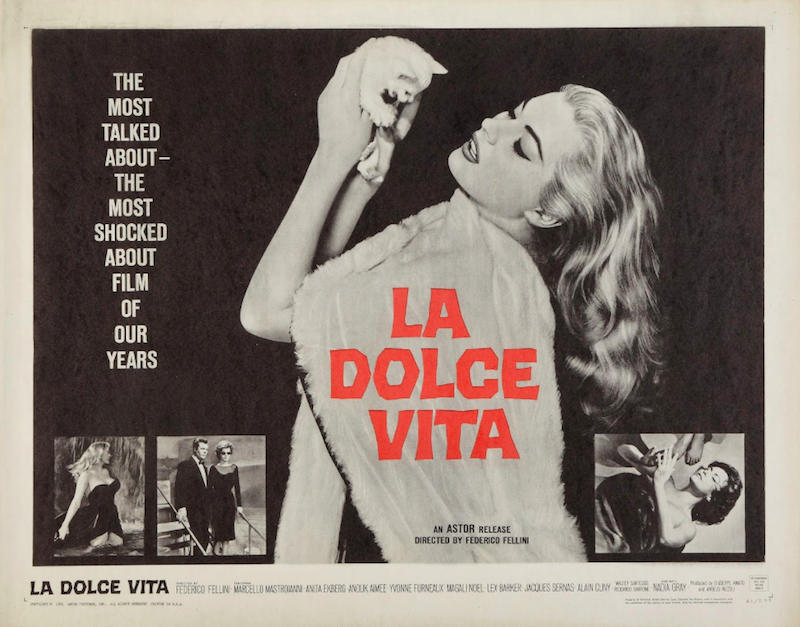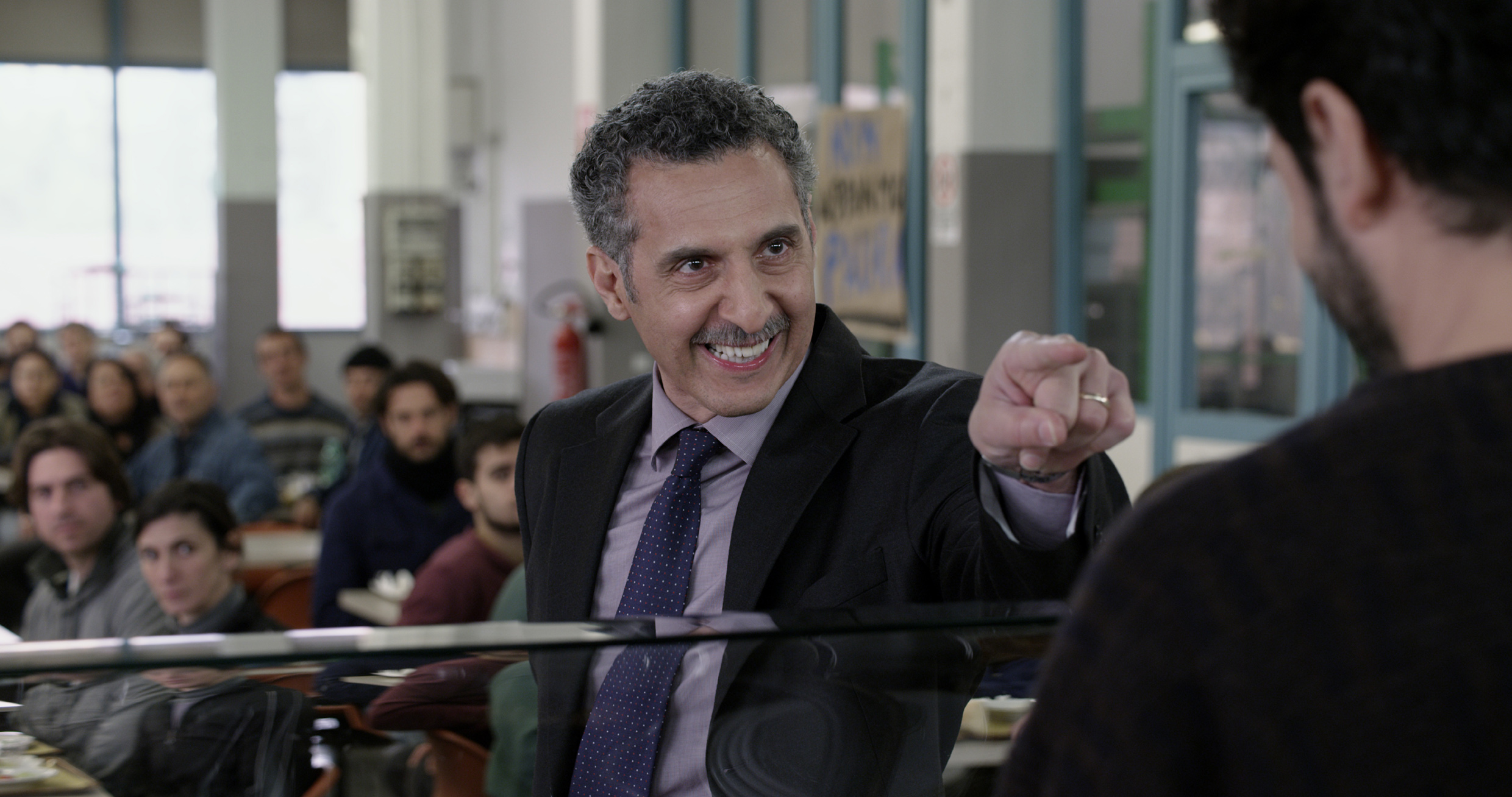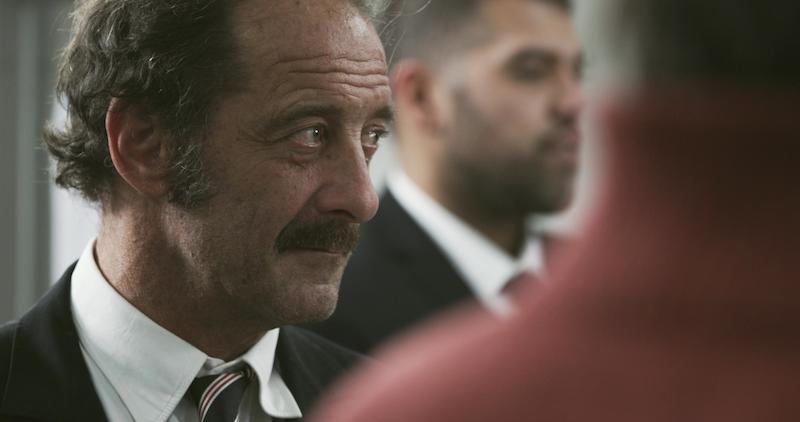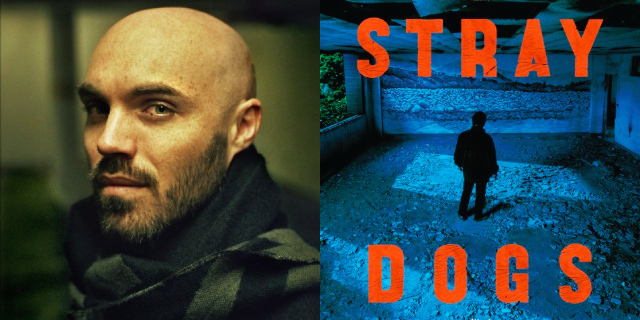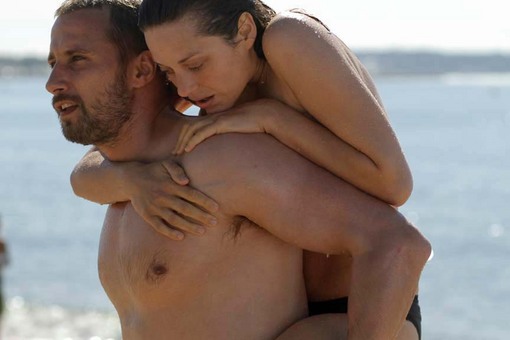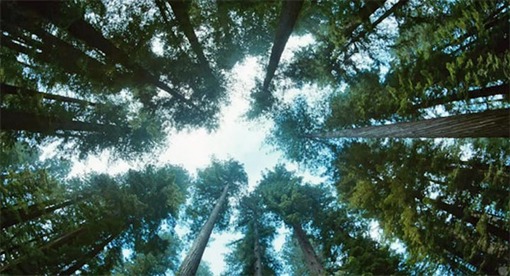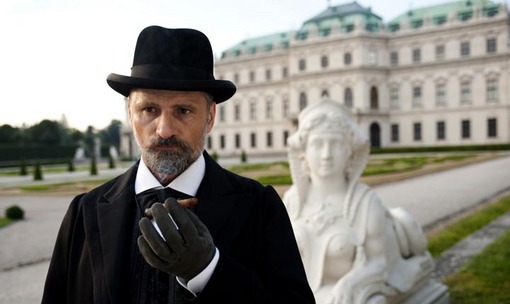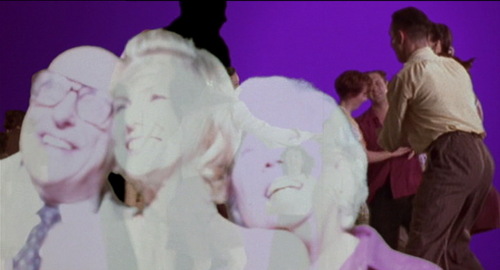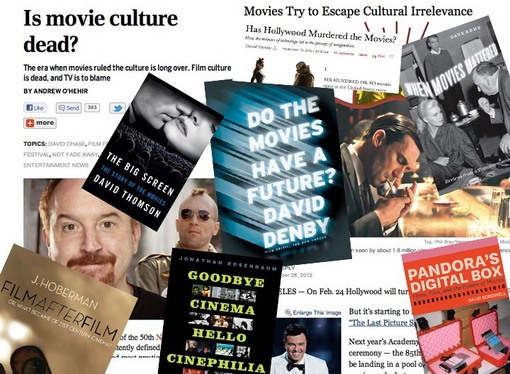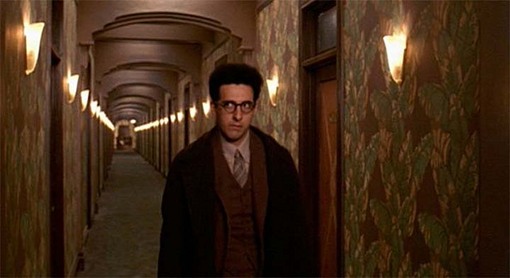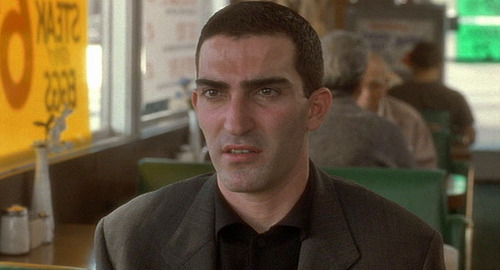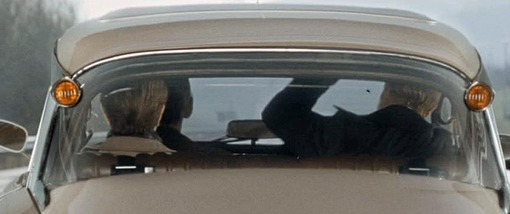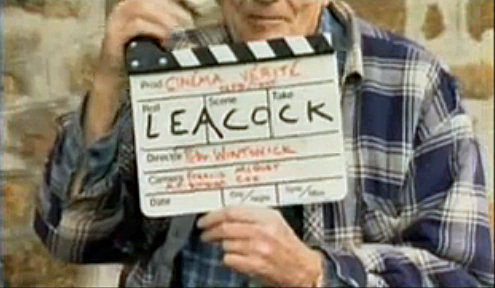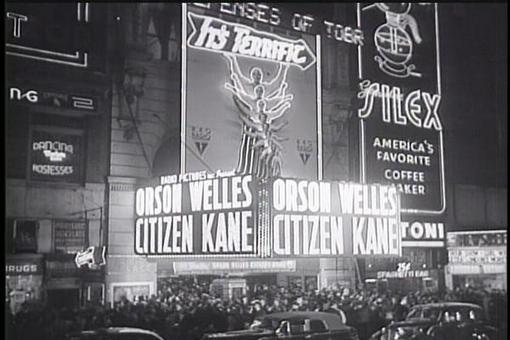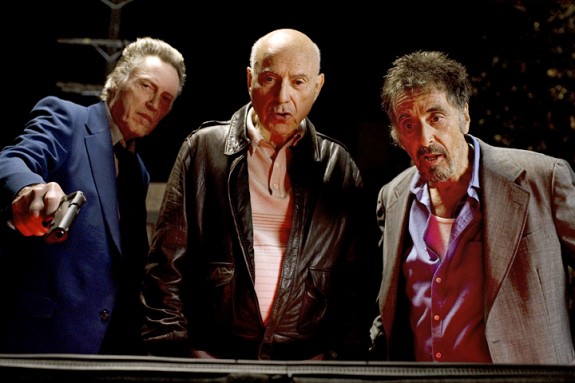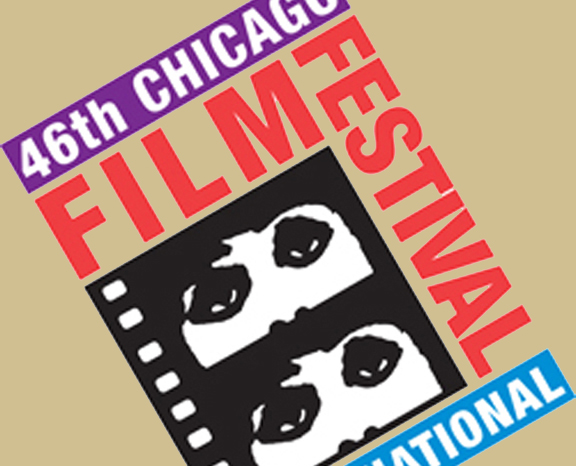Apichatpong Weerasethakul Movie Reviews
Blog Posts That Mention Apichatpong Weerasethakul
Cannes 2021: Memoria, Paris, 13th District, The Story of My Wife
Ben Kenigsberg
Cannes & Cannes-not: On being a movie geek
Jim Emerson
Consensus and the Big Film Poll Blowout of 2007
Jim Emerson
Intimate connections
Jim Emerson
That was the fest that was
Jim Emerson
Arthouse suspense: My month with Abbas and Joe
Jim Emerson
Uncle Boonmee as a video installation
Seongyong Cho
The Great Craft of 2023
The Editors
KVIFF 2023: White Plastic Sky, Inside the Yellow Cocoon Shell, In Camera
Robert Daniels
A Frequency: Tilda Swinton and Joanna Hogg on The Eternal Daughter
Marya E. Gates
A Preview of the 57th Chicago International Film Festival
Peter Sobczynski
NYFF 2021: Closing Thoughts
Godfrey Cheshire
Cannes 2021: Chaz’s Video Dispatch Table of Contents
The Editors
Cannes 2021: Vortex, In Front of Your Face, Blue Bayou
Jason Gorber
Cannes 2021 Video #7: The Critics Roundtable
Chaz Ebert
Cannes 2021: Titane Wins Palme d’or
Ben Kenigsberg
Cannes Film Festival Preview 2021
Barbara Scharres
Sundance 2021: In the Earth, I Was a Simple Man, John and the Hole
Brian Tallerico
CIFF 2018: Preview of the 54th Chicago International Film Festival
Nick Allen
New York Asian Film Festival 2017 Preview
Simon Abrams
Criterion’s “World Cinema Project, Vol. 2” Offers a Film Class in a Box
Brian Tallerico
Cannes 2017: Palme d’Or predictions
Ben Kenigsberg
True/False Film Festival 2017
Vikram Murthi
The Best Films of 2016 So Far
The Editors
“La Dolce Vita” No More: On The Current State of Foreign-Language Film Distribution
Steve Erickson
CIFF 2015: Preview of the 51st Chicago International Film Festival
Nick Allen
Cannes 2015: “The Measure of a Man,” “Cemetery of Splendor,” “Marguerite & Julien”
Barbara Scharres
Thumbnails 9/18/14
Matt Fagerholm
Thumbnails 6/29/2013
The Editors
Ten films, four days, relentless Hong Kong
Roger Ebert
And the Palme d’Whiskers goes to…
Barbara Scharres
A taste of lemon, a whiff of ash…
Barbara Scharres
Mysterious relationships in bits and pieces
Barbara Scharres
A teacher wins the Cannes film festival
Chaz Ebert
Terrence Malick, the man who wasn’t there
Jim Emerson
Into the Great Big Boring
Jim Emerson
My First 2011 “Ten Best” List
Jim Emerson
More film polls: Top 150 of Decade, Top 160 of 2009…
Jim Emerson
Movie culture: The Dead, the Deader and the Deadest
Jim Emerson
The Return of the Autobiographical Dictionary of Film
Jim Emerson
“How it feels is how it works.”
Jim Emerson
Consensus? Mulholland Dr. is LA Film Critics’ movie of the decade, too
Jim Emerson
Are Movies Going to Pieces?
Jim Emerson
When I fall in love…
Jim Emerson
Richard Leacock (1911-2011): “Screw the tripod!”
Jim Emerson
Products of mass distraction (or, Hooray for elitism!)
Jim Emerson
The Arikan Agenda: The Best Films of 2011
Ali Arikan
CIFF 2010: Our capsule reviews
Roger Ebert
Cannes #8: Of lies and ghosts and fathers
Roger Ebert
Cannes postmortem. Is that the wrong word?
Roger Ebert
CIFF 2012 puts the ‘Chicago’ in film fest
Roger Ebert
Take 46: CIFF brings the world of film to town
Roger Ebert
“Uncle Boonmee” wins Cannes Palme d’Or
Roger Ebert
Moore takes top award for ‘Fahrenheit 9/11’
Roger Ebert
The business of controversy
Roger Ebert
Popular Reviews

The best movie reviews, in your inbox
